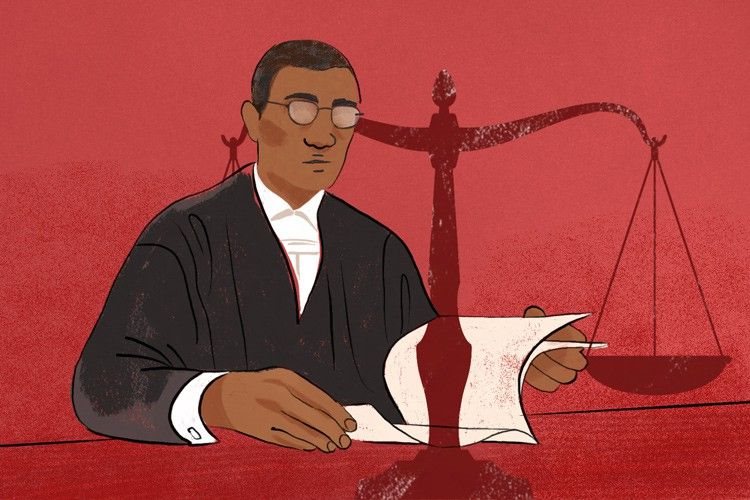The "book famine" for blind and visually impaired people in South Africa has come to an end. The Copyright Act, which bars the conversion of written material to braille, or other accessible formats without the permission of the copyright holders, has been declared unconstitutional by Gauteng High Court judge Mandla Mbongwe, who deemed it to be an unreasonable and unjustifiable limit to the rights of those with visual disabilities.
With immediate effect, the judge also 'read in' into the existing Act, a provision declaring visually impaired people exempt from its gatekeeping provisions.
This means that blind people can now, without the consent of copyright holders, access all written works and convert them into an accessible reading format, be it traditional braille, or other more contemporary means.
The application was launched by Blind SA, represented by Section 27, against the Minister of Trade, Industry and Competition. They asked the court to declare the provisions of the Act unconstitutional. The Act was promulgated under apartheid, in 1978.
The proceedings took place virtually on Tuesday.
The battle has been ongoing for some 11 years, said Blind SA advocate Jonathan Berger in the argument. Indeed, the Copyright Amendment Bill proposed a new section — numbered 19D — that would exempt visually impaired people from its provisions. But it has been “held hostage” to a lengthy legislative process.
The minister did not oppose the application.
Advocate Reghana Tulk, representing the minister, said that the minister was not opposing because the order proposed by Blind SA was in line with the process currently unfolding in parliament. Later she said that the minister did not oppose the argument that the act was unconstitutional.
In terms of the order, which both parties consented to, the declaration of invalidity is suspended for 12 months to give parliament and the relevant ministers time to remedy the defect and to sign up to the Marrakesh Treaty to facilitate access to published works for persons who are blind, visually impaired or otherwise print disabled.
The Constitutional Court will also have to confirm the declaration of invalidity.
Berger described the 'reading in' as non-controversial.
“We are here because a legislation process started in 2010 has not been finalised yet. And there is no clear end in sight.
“We are here to get immediate relief for those with visual disabilities so they can get what the constitution promises them and other fights over the bill don’t get in the way of their rights.
“Everyone, here and internationally, agrees that it is unconscionable to have laws which don’t allow visually impaired people access to written works.
“We are dealing with real, live human beings, who cannot access books.”
One, he said, was retired Constitutional Court judge Zac Yacoob who had deposed to an affidavit outlining the impact the Act had on his life and the difficulty he had accessing books to learn.
“There is no clearer example of unfair discrimination,” Berger said.
He said often when permission was sought to convert to an accessible format, it was either refused or, worse, just ignored, with no reasons given.
Berger also described the affidavit of Marcus Low, who told how at university even when he got permission to convert books, it could be weeks after everyone else in his class had access. Even when Low received permission, in terms of the Act, he could not hand over the converted format to any other students with visual disabilities. Low was present in Marrakesh when the treaty was negotiated and signed.
The International Commission of Jurists, Media Monitoring Africa Trust and ReCreate Action were all given permission to join the litigation as friends of the court.
Judge Mbongwe said he was persuaded that the Act affected a variety of rights of visually impaired people and that the order would bring South Africa into harmony with international law on the issue.





































